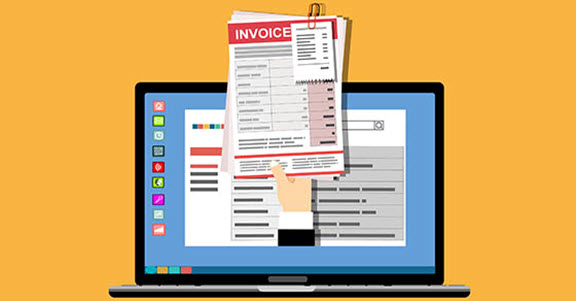If you own or help run a small business, there’s a serious tax issue you need to be aware of: the IRS’s Trust Fund Recovery Penalty, also known as the 100% penalty. This isn’t your average tax mistake. It’s a financial hit that can personally cost you 100% of the unpaid employment taxes—even if your business is a separate legal entity like a corporation or LLC.
What Is the 100% Penalty?
When a business withholds federal income and payroll taxes from its employees’ wages, those funds are held “in trust” for the IRS. If those taxes aren’t turned over, the IRS can hold certain individuals personally liable for the full amount—hence the name “100% penalty.”
This penalty can be assessed against anyone deemed a “responsible person.” And it’s not just business owners—employees, officers, and even volunteers in some cases can be targeted.
Who Is a “Responsible Person” in the Eyes of the IRS?
The IRS defines a responsible person as someone who:
-
Is responsible for collecting, accounting for, and paying withheld taxes
-
Willfully fails to ensure those taxes are paid
⚠️ “Willful” doesn’t mean malicious—it simply means the person knew about the unpaid taxes and made a conscious decision not to pay.
Responsible parties can include:
-
Corporate officers, directors, or employees
-
LLC members or employees
-
Partners in a partnership
-
Bookkeepers with financial control or check-signing authority
Even if your role is limited, if you had authority over financial decisions and knew taxes weren’t being paid, you could be held liable.
What Courts Look At When Determining Responsibility
It’s not just about job titles. Courts and the IRS consider many factors when determining who qualifies as a responsible person:
-
Did the individual have the authority to sign checks?
-
Were they actively involved in managing day-to-day operations?
-
Could they hire or fire employees?
-
Did they control how bills and payroll were paid?
-
Did they own part of the business or benefit financially?
Real IRS Cases That Might Surprise You
Here are a few real-life examples where individuals were held personally responsible for unpaid employment taxes:
✅ Case 1: Estate Executor An inn failed to remit payroll taxes. The executor of the estate that owned the inn was deemed a responsible person and held liable for the penalty.
✅ Case 2: Nonprofit Board Member A volunteer trustee at a nonprofit who knew about the unpaid taxes—and had the authority to pay them—was assessed the penalty.
✅ Case 3: CFO and CEO A newly hired CFO found that the company was years behind in payroll tax payments. Despite notifying leadership, the taxes weren’t paid. The CFO and CEO were both found liable because they knowingly paid other expenses instead of the IRS.
How to Protect Yourself from the 100% Penalty
If you’re involved in the financial operations of a business—especially one struggling to meet payroll obligations—take this penalty seriously.
Here’s how to safeguard yourself:
-
Keep detailed records of tax filings and payments
-
Document any efforts to correct tax issues
-
Avoid accepting roles where you have check-signing authority unless you also have visibility and control over tax payments
-
Speak to your tax advisor immediately if you suspect the business has missed payroll tax deadlines
Being involved in a business that fails to pay over employment taxes can expose you to personal liability, even if you’re not the owner. The 100% penalty is one of the IRS’s most aggressive enforcement tools, and defending yourself against it can be time-consuming and expensive.
When in doubt, consult with a qualified tax professional to review your responsibilities and help you reduce your risk of being caught in the crosshairs of a trust fund recovery penalty.






